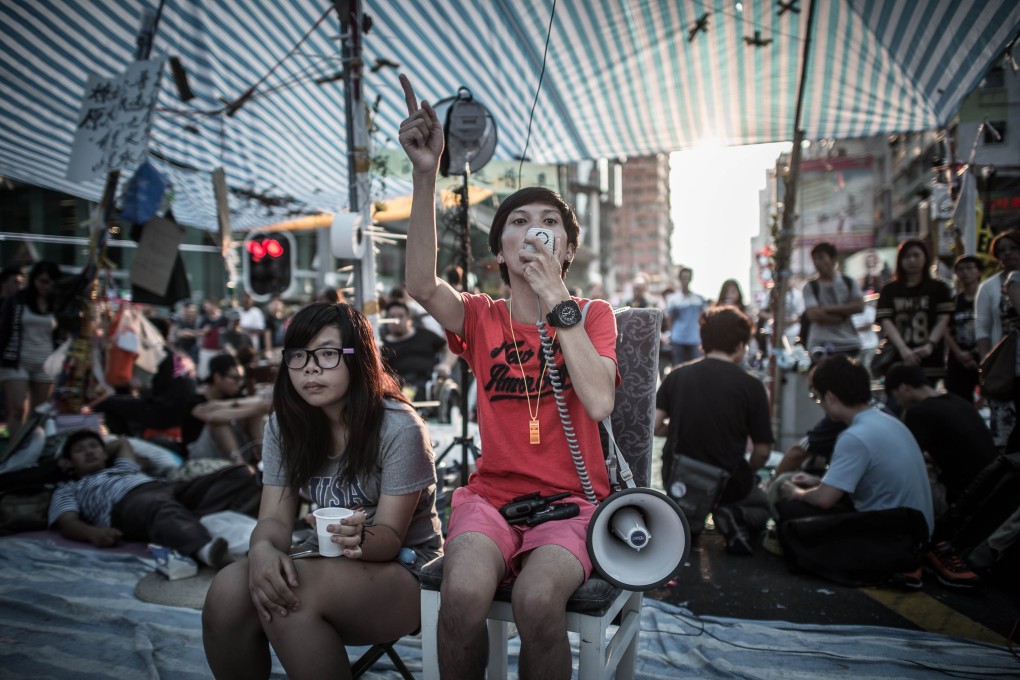Dialogue - not protest - is the students' best bet for winning democracy
Sonny Lo says students must call off their demonstrations and begin realistic negotiations with the government - or risk a crackdown

The failure of protest leaders and the government to begin talks means continuous confrontation. A police crackdown may well be inevitable. For the safety of all citizens, students and protest leaders should call off the Occupy movement and start a constructive dialogue with the government as soon as possible.
The act of surrounding the government headquarters remains a challenge to public order. Jams and transport diversions, as well as business losses have all created social disorder. Although the movement has formed self-discipline corps to maintain social order, the clashes in Mong Kok have shown that self-governance amid illegal assemblies without the police's prior permission is unsustainable.
It's time for the Hong Kong Federation of Students to be more realistic in its demands so as to de-escalate the tension. It must understand the central government's negotiating style, namely, that Beijing sets the political and legal parameters through the National People's Congress Standing Committee, and the people of Hong Kong have to work on a political model within such boundaries.
If students are to discuss constitutional reform constructively, they should perhaps abandon the idea of civic nomination but opt instead for terms like civic recommendation, meaning that a certain number of citizens may propose chief executive candidates, whose names would be put to nominating committee members for consideration. Similarly, they should understand the technicalities of democratising the composition of the committee, and how to maximise the chances of pro-democracy, moderate candidates being put forward by the committee.
Protesters should perhaps understand that the decision by the NPC Standing Committee did not represent the end of democracy in Hong Kong. Instead, it represented a landmark decision to allow Hong Kong to have direct election of the chief executive through universal suffrage for the first time.
Positive engagement with China is the most pragmatic way forward; protesters should not resort to emotional arguments and populist sentiment. Many students in the street assemblies reiterate the importance of keeping the universal values of democracy and freedom. But they are less clear about how exactly to craft a democratic model for Hong Kong.